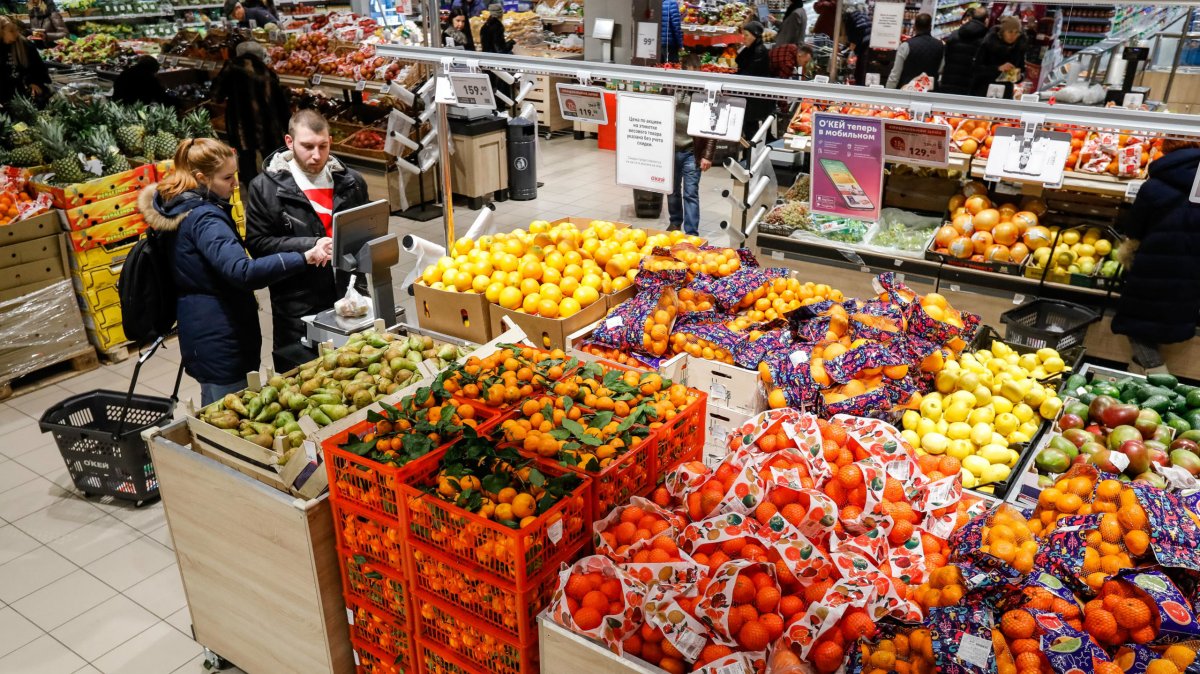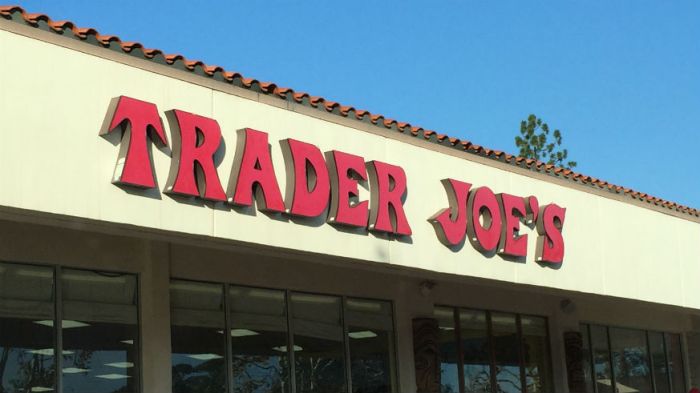It seems like the U.S. Food and Drug Administration announces at least one food recall a week, ranging from contaminated dog food and romaine lettuce to chocolate and sausages.
While we aren’t actually seeing a new recall every week, they are on the rise. A new report from the non-partisan Public Interest Reseach Group (PIRG) confirms that the number of food recalls has increased dramatically in recent years.
Food recalls are on the rise

The report shows that the total number of food recalls in the U.S. increased by 10 percent between 2013 and 2018 — and they’re getting more serious.
The class 1 recalls, those who could cause serious health problems or even death, rose with six percent in total but meat and poultry rose 83 percent.
The analysis shows that 2018 was full of dangerous food recalls, bringing the total up to 703.
Two E. coli contaminations in romaine lettuce left five dead and more than 100 hospitalized. A salmonella outbreak also made 246 people sick and 12 million pounds of beef had to be discarded.
In total, The U.S. Centers for Disease Control and Prevention estimates that 48 million people get sick, 128,000 are hospitalized and 3,000 die from foodborne disease each year in the United States.
Scary, right?
Why are food recalls more common now?

The authors of the report aren’t sure what’s the exact cause for the increased number of food recalls but found a number of potential reasons.
“We need to be looking for these farm-to-fork preventative solutions that are logical,” Adam Garber, PIRG’s consumer watchdog and CO-author to the report, told TIME.
“By doing that, we can protect people’s health.” He added.
Garber says that a big problem is that the regulations are not keeping up with the changes in our food industry, which is becoming increasingly industrialized.
He explains that meat productions are expanding and the more animals that are passing through these facilities, the more chances there are for spreading dangerous pathogens.
“Food safety issues continue because legislative and policy regulations aren’t updating at the same rate that farms are growing, pointing to antiquated laws like one that allows producers to sell salmonella-tainted meat as long as it’s meant to be cooked,” Garber said.
He points out that food recalls are “less of a trend and more of a failure to take action.”
But, more food recalls can also be a good thing.
The authors in the report argue that the growing numbers of recalls could mean that more companies are voluntarily recalling their products when there’s a potential health threat. Technology can also be an underlying reason for the increasing numbers since new technology has made it easier to catch bacteria in products.
Either way, the authors still agree that any numbers of recalls are too high and that consumers never should have to worry about getting sick from the food being sold at grocery stores.
What needs to be done about food recalls?

The authors say that the high numbers prove more could be done to protect the public against contaminations, like E. coli and salmonella, and suggests a number of changes to the U.S. food system.
Since contaminated water on or near farms was linked to both of 2018’s romaine lettuce outbreaks, there needs to be better testing of irrigation water.
There should also be a more regular inspection of food producers, granting the USDA mandatory recall authority for meat and poultry and penalizing companies who continue to sell after a recall.
To lower the chances of anyone getting sick, retailers must directly notify consumers that products they may have in their homes are recalled.
Read more about what needs to be done here.
The number of food recalls should be zero, but until then, the authors recommend consumers to wash all vegetables properly and cook meat to temperature.



















